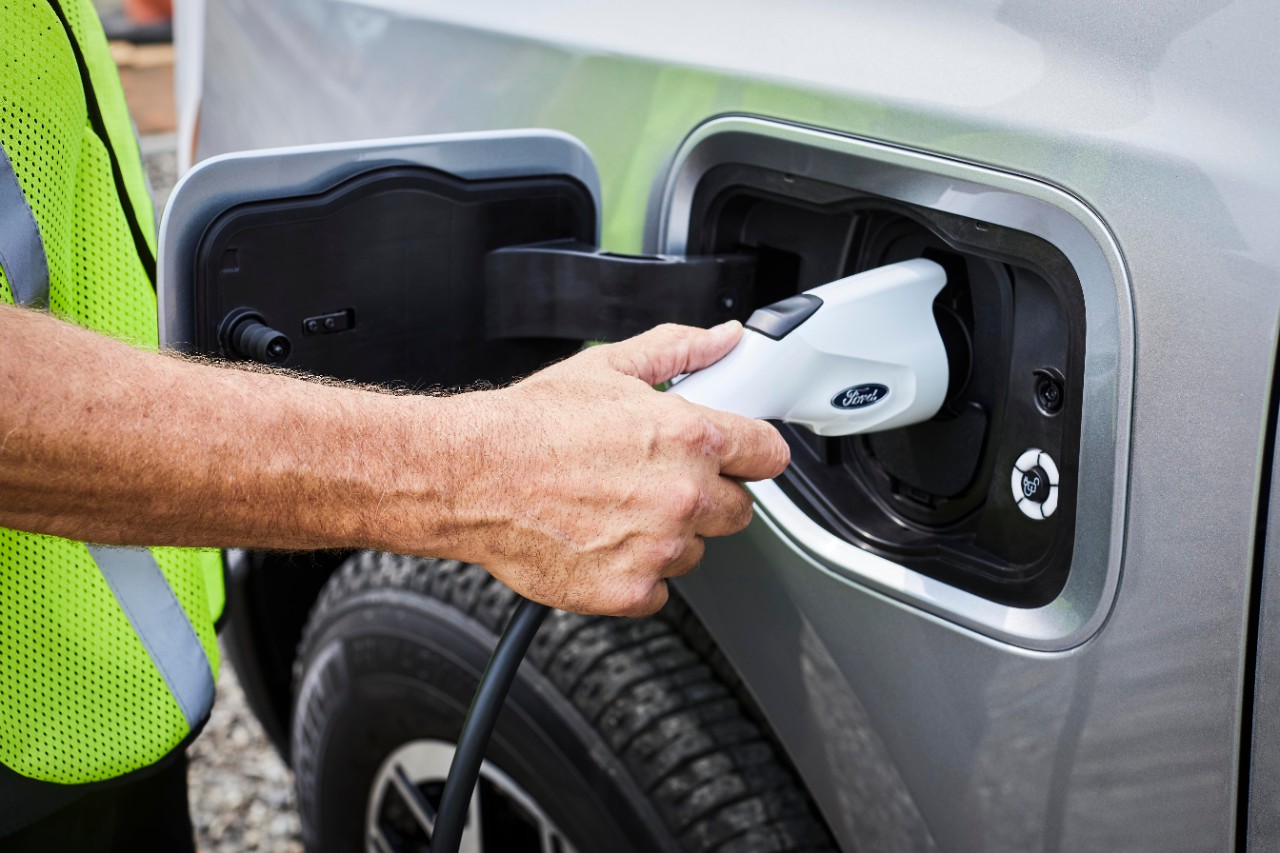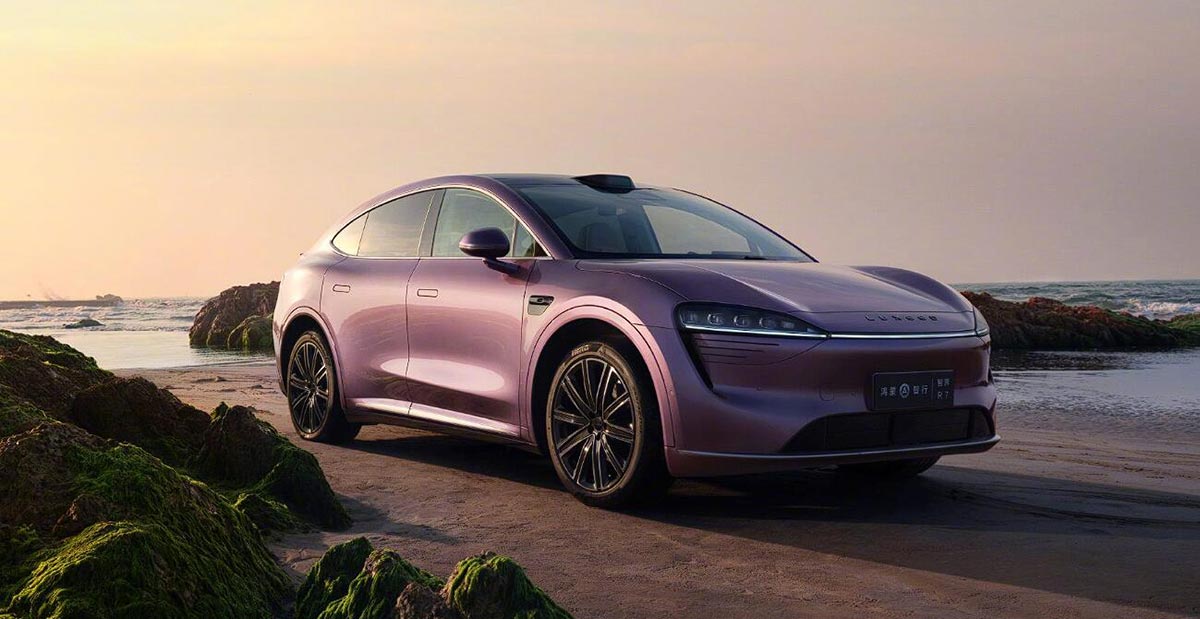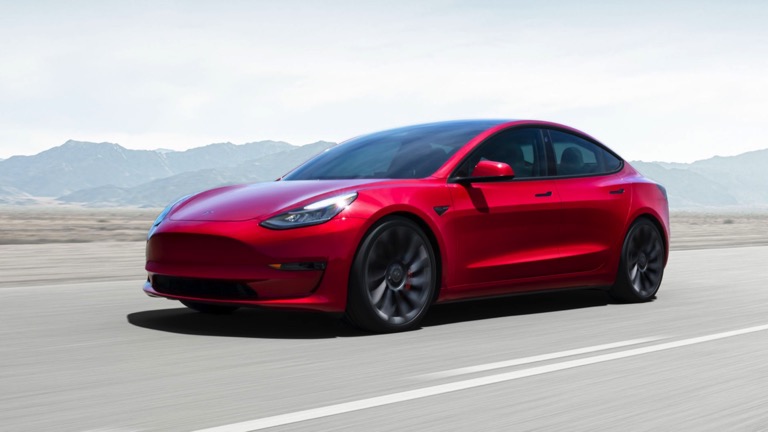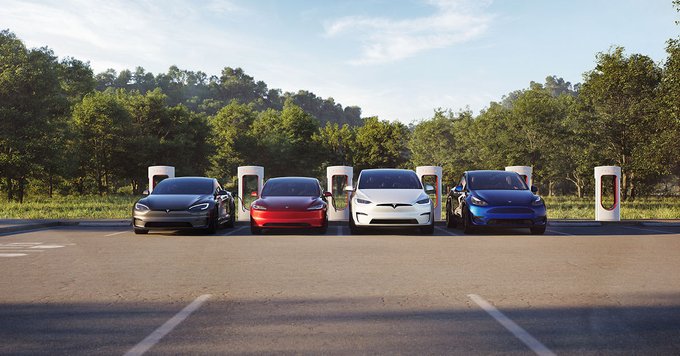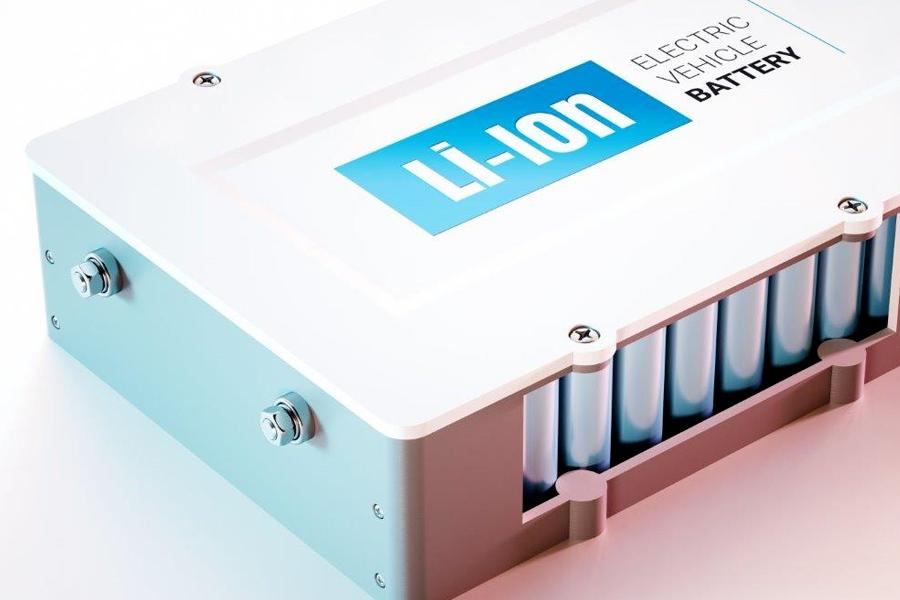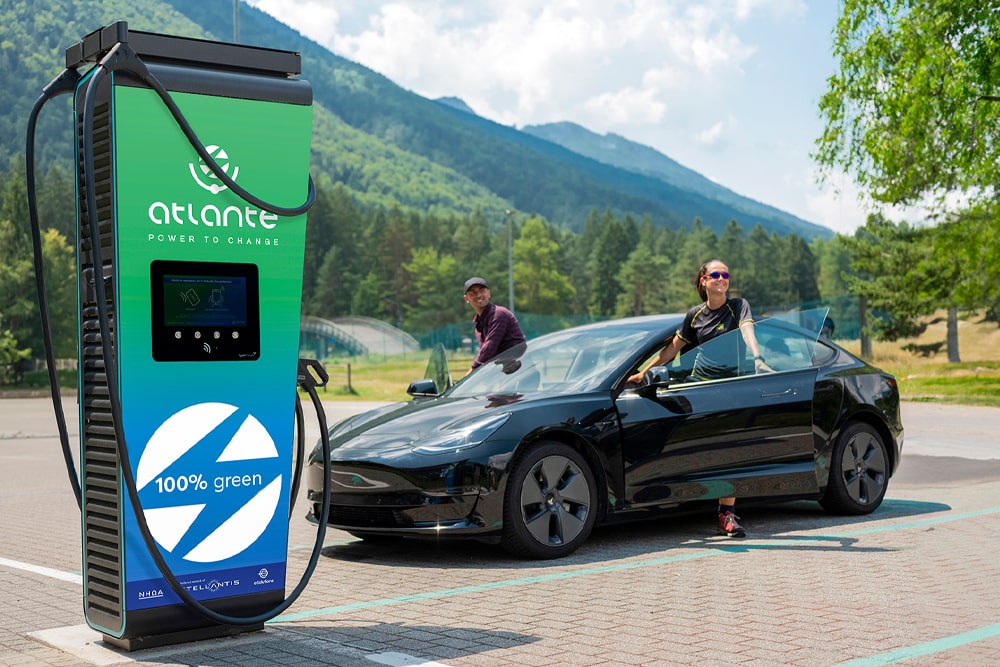Virginia has announced its departure from the California electric vehicle (EV) mandate program by the end of the year, citing a desire to maintain autonomy over its automotive policies. Governor Glenn Youngkin emphasized, “No one should mandate what kind of cars Virginia residents can drive, especially not unelected leaders nearly 3,000 miles away from the Commonwealth.”
The program, originally adopted by Virginia in 2021, aligns with California’s efforts to enforce stricter emissions standards. However, with California’s recent implementation of the Advanced Clean Cars II regulation, which imposes more stringent rules effective January 2025, Virginia has opted out. Instead, the state will adhere to federal emissions standards starting January 1, 2025.
Attorney General Jason Miyares confirmed this shift, stating, “EV mandates like California’s are unworkable and out of touch with reality, and thankfully the law does not bind us to their regulations.” Under the Advanced Clean Cars II, by the model year 2026, 35% of all new cars sold would need to be electric, with a complete transition to solely electric vehicles by 2035.
The decision comes amidst a backdrop of political dynamics, with the US in the lead-up to a presidential election. Traditionally, US Republicans advocate for bolstering state power and consumer freedom. Additionally, Virginia’s current EV sales, accounting for only about 9% of total car sales in the state, indicate that penalties aligned with the ACC II would disproportionately impact manufacturers.

